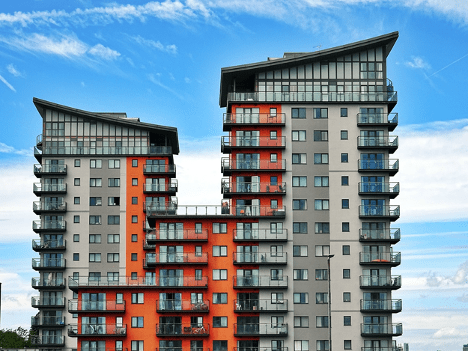The Most Common Habitability Infractions Made by Landlords

As a rental tenant or member of an HOA in California, it’s important to understand your rights as they pertain to the health and safety of your living environment. Be aware that if your living conditions are unsafe and your landlord or HOA is not taking action to remedy these Habitability Infractions. It is likely your tenant rights are being violated and you may be entitled to damages.
If you’re not sure whether or not your landlord is committing any habitability infractions, take a look at these common tenant rights violations.
Duty to Repair & Maintain
Regardless of what your lease may or may not indicate, California tenants have the right to a livable home. It is your landlord’s responsibility to ensure this right is fulfilled. Generally, this means that landlords must abide by building codes and maintain the structural integrity of the residence. Common areas must be kept clean and sanitary. Utilities must operate effectively and safely. Lastly safety hazards must be addressed promptly.
If this right is being violated, there are several ways you may be able to respond. These options include suing, moving out, withholding rent, and more. A qualified renters rights attorney will help you understand what your options are and what your best course of action may be.
Common Tenant Rights Violations
Anything that presents a health or safety risk to your or your loved ones may be a violation of your tenant rights. If the following circumstances apply to you, you should strongly consider consulting with an experienced tenant rights attorney. You may be entitled to compensation.
Common habitability infractions include:
- – Severe mold and water damage.
- – A failure to execute repairs that create inadequate living conditions that cause a risk.
- – Lots of roaches, bedbugs and rodents due to the landlord’s failure to conduct pest control or fumigate.
- – A lack of functional plumbing, heating, electrical, or other utility service.
- – Lead-based paint related illnesses.
- – Injuries that occur due to landlord negligence.
- – Asbestos due to unsafe maintenance or construction practices.
- – Anything that renders your home uninhabitable.
Things like these listed above can lead to your apartment becoming uninhabitable without risking your health and safety, and it is your landlord’s responsibility to fix these issues as quickly and efficiently as possible.

What Should You Do?
If your residence becomes uninhabitable in the eyes of the law, your landlord is required to make necessary repairs. Landlords must provide temporary housing until your apartment is once again considered habitable.
If you find any health or safety hazards in your residence, the first thing you should do is contact your landlord in writing to request the necessary repairs. This creates a record of the request in case the landlord fails to take appropriate action. Subsequently if your landlord’s negligence has led to an unsafe living environment, it’s important to take action to hold the property manager accountable.
Unfortunately, there is a lot of grey area when it comes to evaluating habitability infractions. Meanwhile this makes is even more important to seek the services of a qualified habitability lawyer.
Be sure to collect any evidence that demonstrates the safety hazards present in your living environment. Next, once you have collected this evidence make sure you take it to an experienced attorney to determine your next steps.
Landlord-tenant laws can be quite complex. It is important to have a legal expert at your side to ensure your needs are taken care of.
Contact B|B Law Group
Many renters avoid taking action against their landlords for fear of being evicted. But you shouldn’t let your landlord get away with violating your rights. If your living environment is unsafe and your landlord refuses to address it, consult with an attorney as soon as possible to find out how you can get the compensation you deserve.
At B|B Law Group, our experienced tenant rights lawyers are well-versed in California’s landlord-tenant laws. We will help you understand your rights and options moving forward.
Contact us today to consult with a qualified tenant attorney and find out what steps you should take next.


